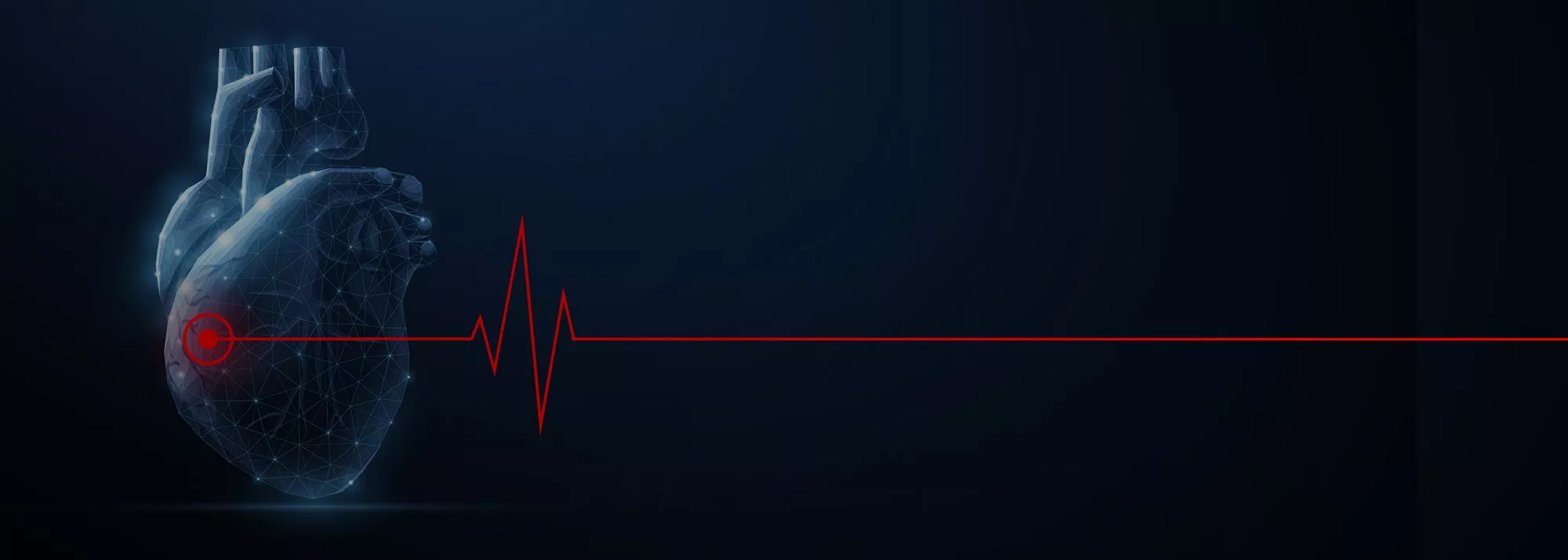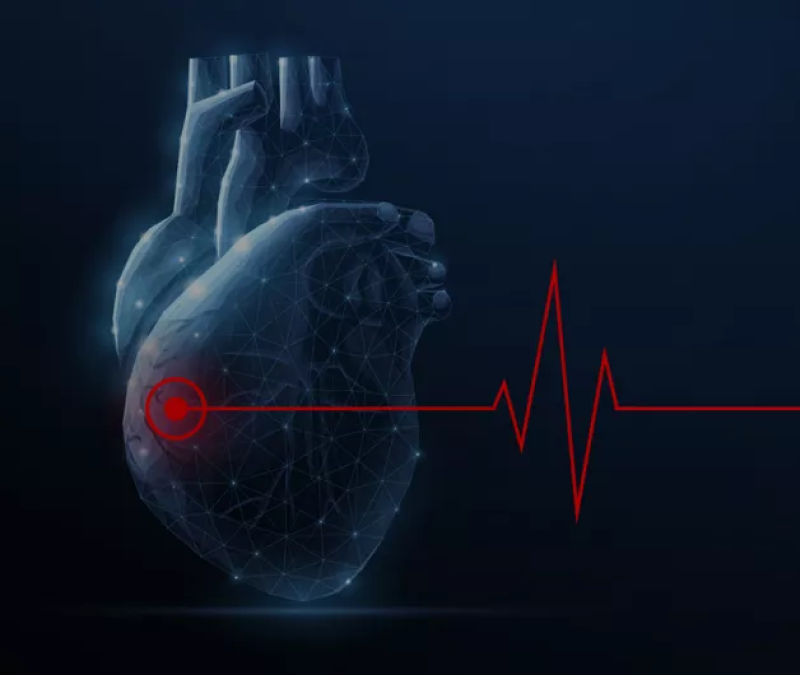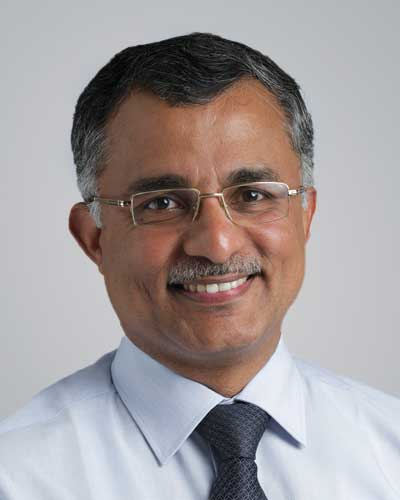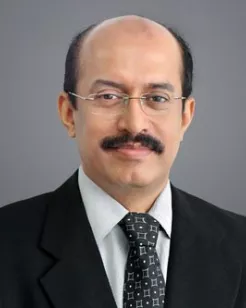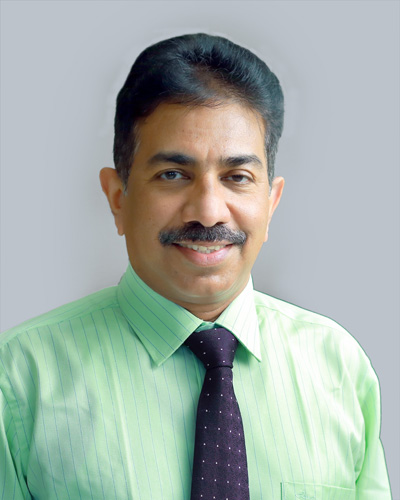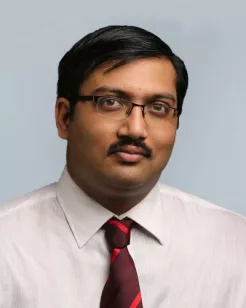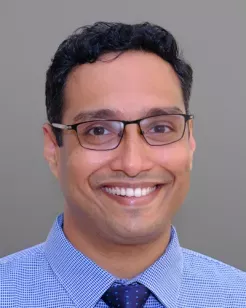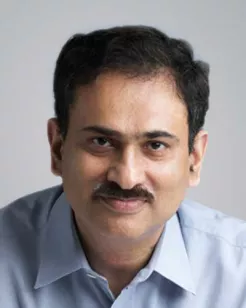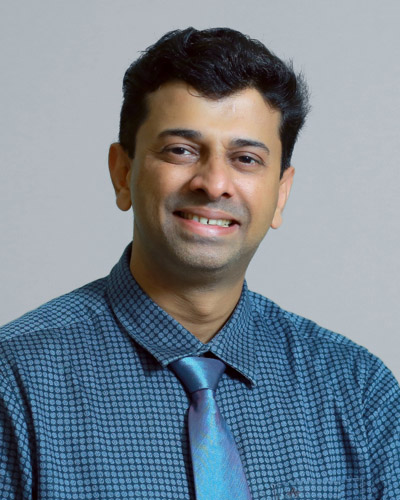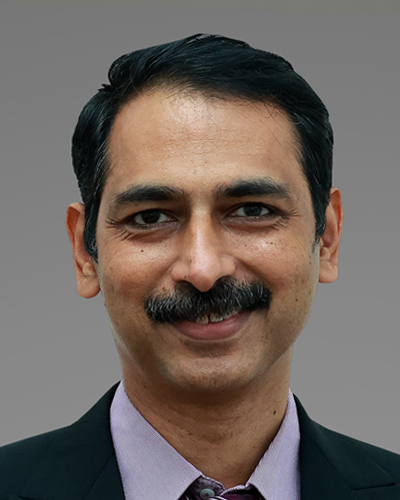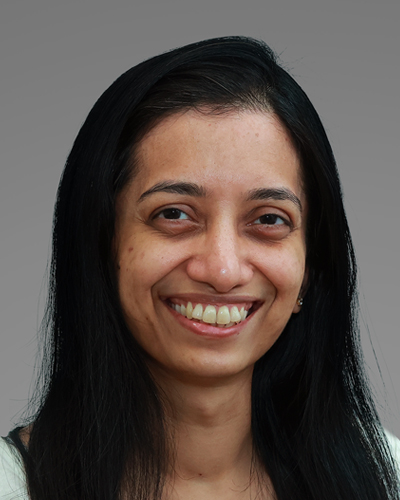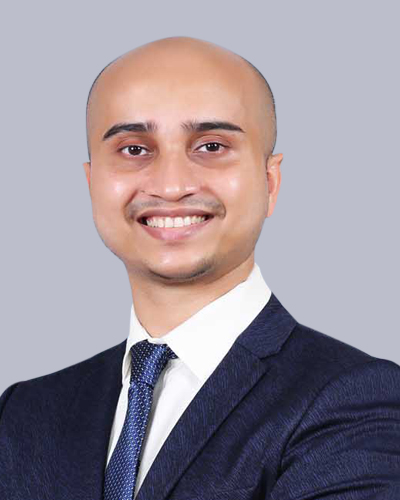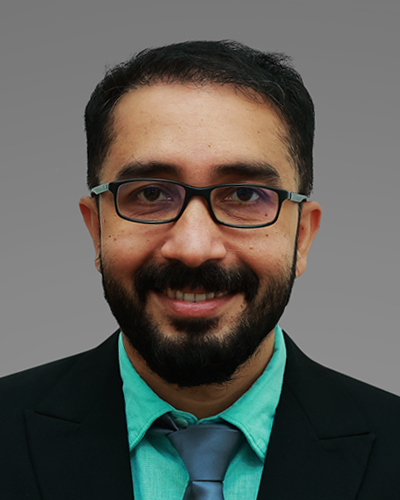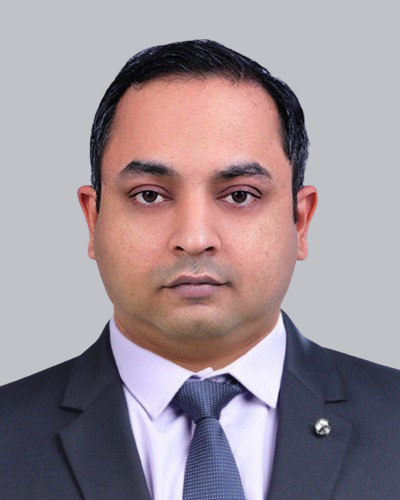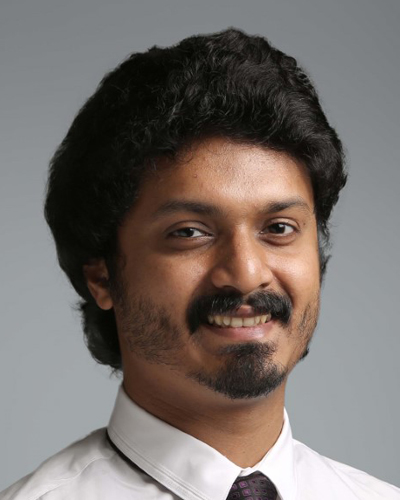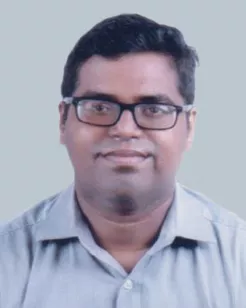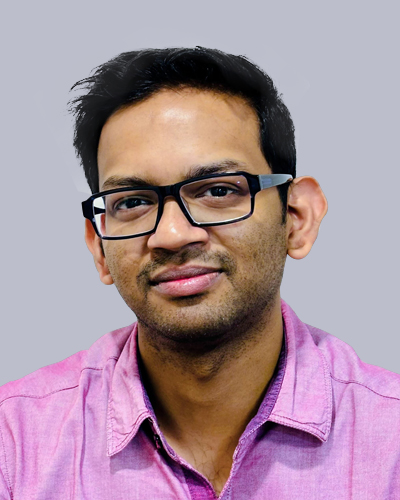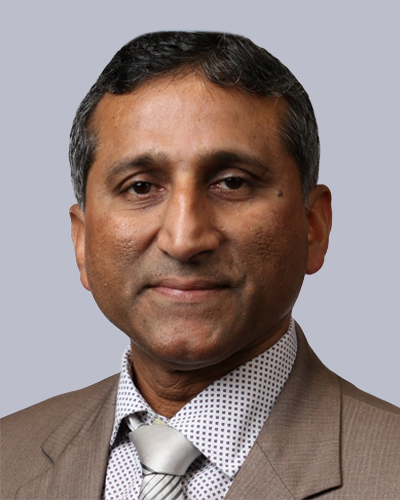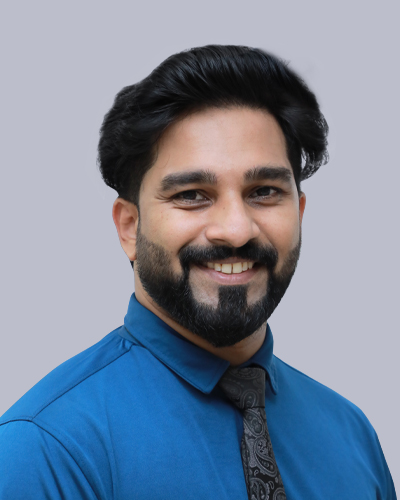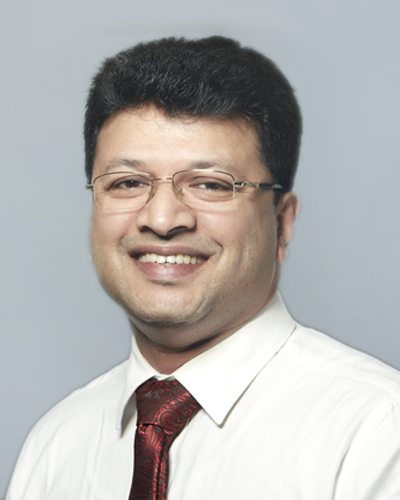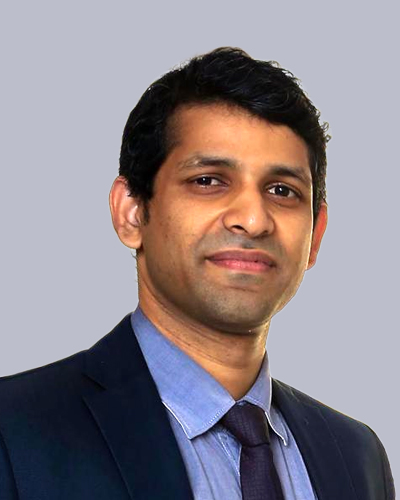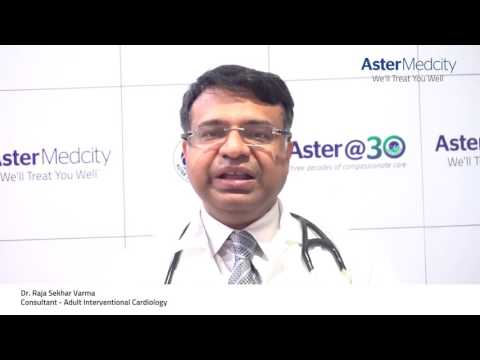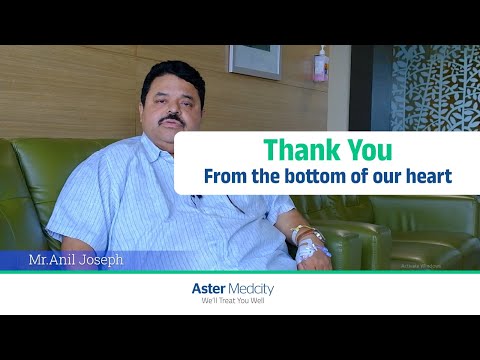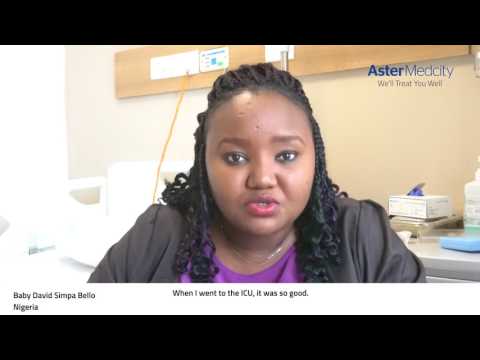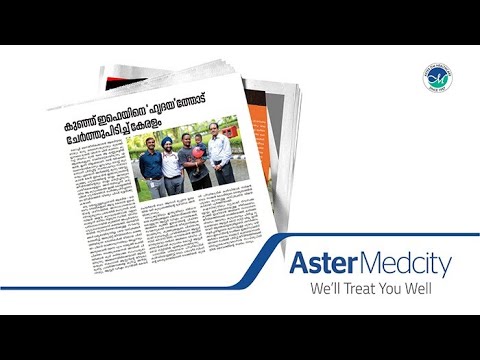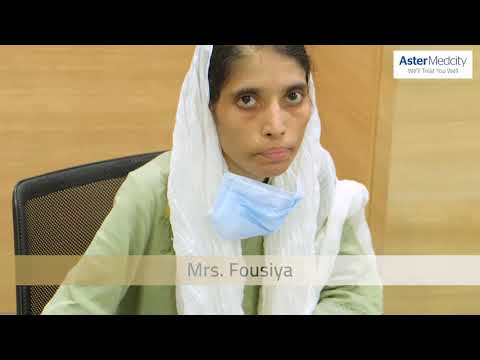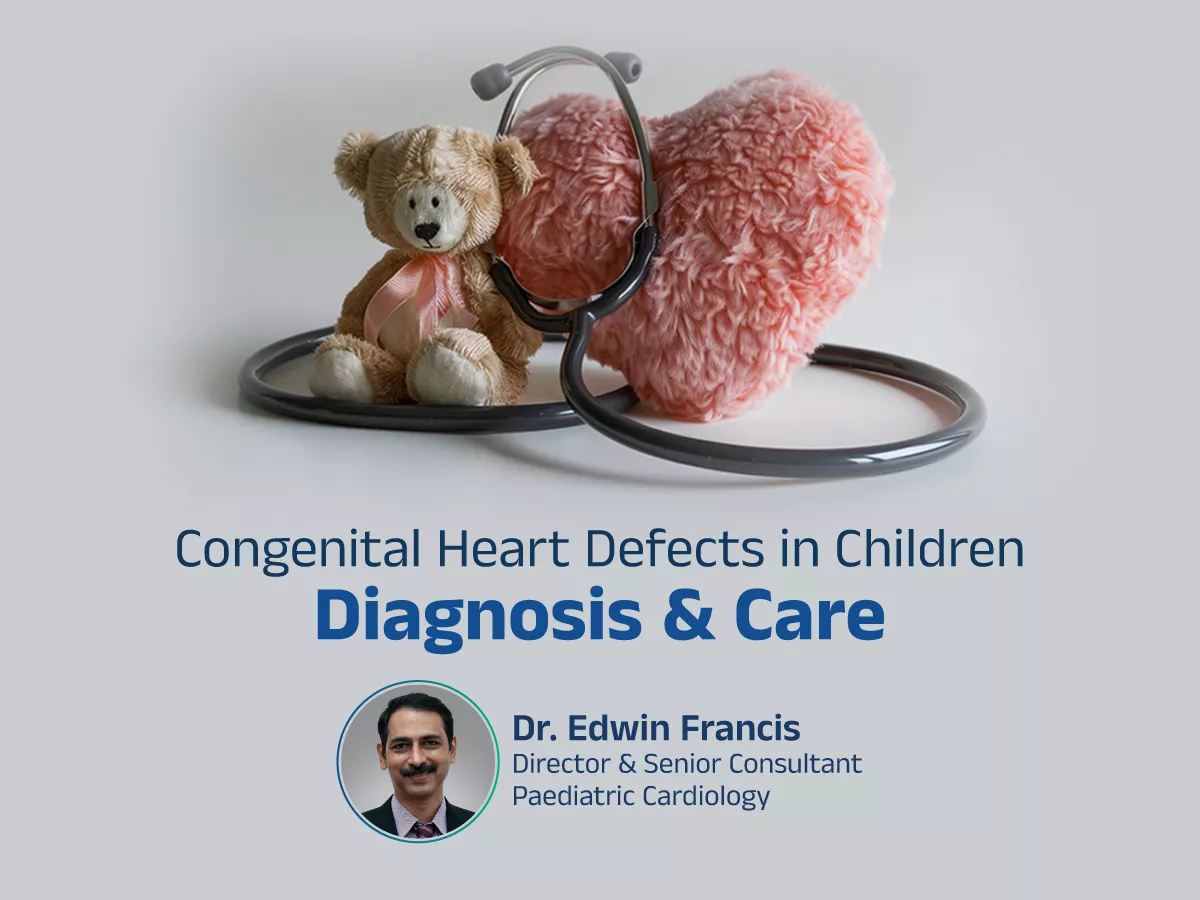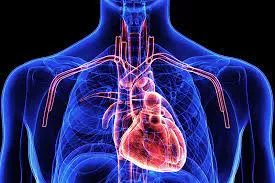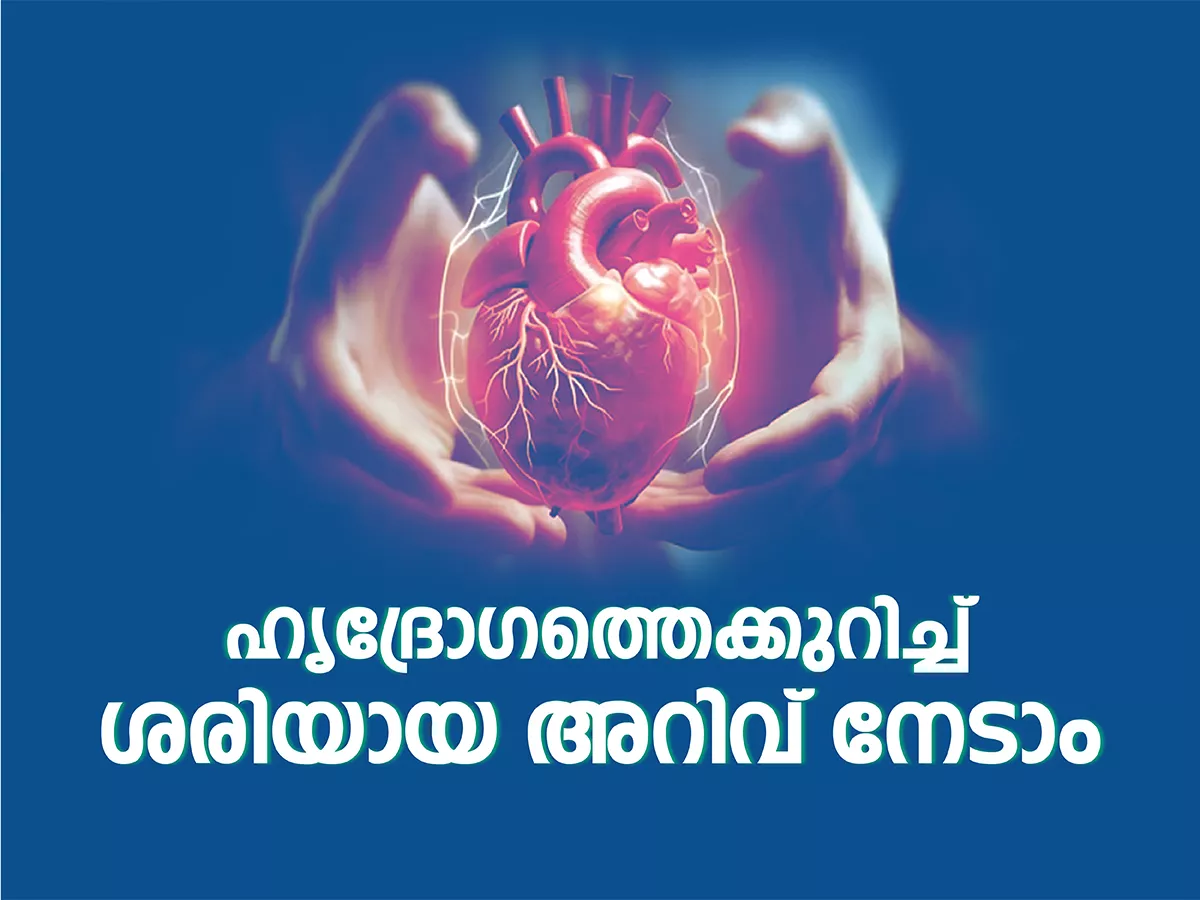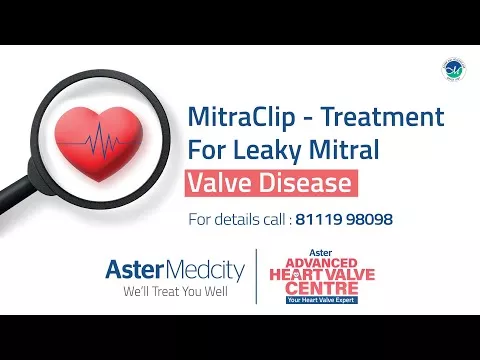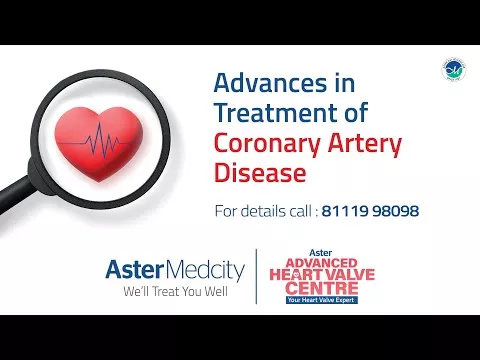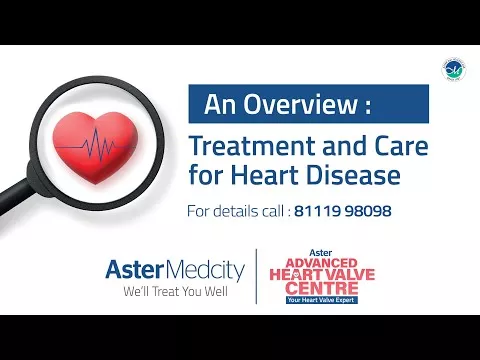One of the most advanced facilities of its kind in the region, the Centre of Excellence in Cardiac Sciences at Aster Medcity offers advanced cardiology, interventional cardiology, electrophysiology, cardiac surgery, heart transplant and cardiac rehabilitation services for both adults and children.
Designed to function like an independent heart hospital in Kochi, the centre has an outpatient division, an inpatient division, a day care section, a state-of-the-art cardiovascular imaging section including nuclear medicine, a dedicated electrophysiology lab, an interventional cardiology wing, dedicated adult and paediatric cardiac surgical suites, dedicated cardiac ICUs and a 24-hour Rapid Access Chest Pain Clinic to handle all emergencies.
The exceptional team of doctors comprising Adult Cardiologists/Interventional Cardiologists, Cardiac Electrophysiologists, Adult Cardiac Vascular Thoracic Surgeons, Paediatric Cardiologists, Paediatric Cardiac Surgeons, Cardiac Anaesthesiologists and Interventional Radiologists offers optimal, evidence-based treatment to patients, with the help of trained nurses, technicians, dieticians and rehabilitation experts. They follow a unique heart team approach to ensure personalised treatment to patients by discussing each and every case in detail as a team and deciding the best way forward.
Aster Centre of Excellence in Cardiac Sciences offers a comprehensive range of diagnostic and therapeutic medical technology to ensure high-precision diagnosis, accurate treatment and best possible medical outcomes.
Advanced Technology & Facilities
Well equipped with the latest medical equipment, modern technology & infrastructure, Aster Hospital is one of the best hospitals in India.
Aster Medcity offers world-class inpatient care to its patients, with the support of an award-winning team of Nurses, Therapists and Technicians. Wards, double rooms, standard rooms, executive rooms, deluxe rooms presidential suites Dedicated Cardiac ICU Independent ICUs with a view that minimise chances of infection and ICU psychosis Dedicated cardiac surgery suites Advanced infection control facilities State-of-the-art cardiac imaging
Aster Centre of Excellence in Cardiac Sciences is first facility in Kerala to offer three cathlabs with a state-of-the-art electrophysiology lab / intravascular ultrasound, fractional flow reserve estimate and rotablation. The comprehensive range of medical technology here includes: Flat panel hybrid vascular biplane cathlab Low radiation CLARITY cathlab OR1 Karl Storz Fusion Integrated C Green OT certified surgical suites with autopilot anaesthesia and live sharing facility Philips IntelliSpace Critical Care & Anaesthesia digital ICU ECMO (Extra Corporeal Membrane Oxygenation) Philips EPIQ Echocardiography machines for 2D and live 3D imaging Trans-Oesophageal Echocardiography with Doppler, Colour Doppler modalities Dobutamine stress test for physically disabled patients Intra-operative trans-oesophageal ECHO / Doppler / Colour-flow Doppler Philips 256 Slice iCT scan Wide Bore 3.0 Tesla MRI cardiac studies Philips Astonish True Flight Select PET-CT with Time Of Flight technology GE SPECT-CT Optima NM 640 Gamma Camera
The Centre of Excellence in Cardiac Sciences at Aster Medcity offers a wide range of outpatient services for detection and treatment of complex heart diseases and disorders. This includes: Cardiac structural/functional evaluation including advanced imaging Heart Failure Clinic Cardiac Electrophysiology Clinic 2D / Live 3D Echocardiography Colour Doppler imaging Tissue Doppler imaging Strain Quantification Trans-Esophageal Echocardiography including live 3D TEE 24-hour ambulatory blood pressure monitoring 24-hour ECG monitoring (Holter monitoring) Cardiac stress tests including Tread Mill Test, Dobutamine Stress Echocardiography, Head Up Tilt Test (HUTT)
- Dedicated modern operating theatres.
- Dedicated digital catheterization lab with ECHO Navigation
- Electrophysiology lab-3D mapping, RF ablation.
- Echocardiography lab – 2D and 3D ECHO, Trans-esophageal ECHO.
- Advanced Fetal Heart Unit
- Adult Congenital Heart Disease Unit
- Pulmonary artery hypertension clinic
- BMU 40-blood monitoring unit, to enhance safety of complex surgeries during cardiopulmonary bypass (second installation in India).
- NIRS- Near Infra-Red Spectroscopy for advanced intraoperative brain monitoring to provide superior neurological outcomes in complex surgeries.
- ICE (Intra cardiac echocardiography)
- Exclusive pediatric cardiac ICU
- ECMO
- Cardiac CT and MRI
ORI Fusion Digital Integrated Operation Theatres With 22 Operating Rooms that are on par with some of the largest in the world, Aster Medcity, for the first time South India, introduces ORI Fusion Digital Integrated Operation Theatres using Karlstorz OR1 Fusion - Asia Pacific’s first complete digital integration system.
The integration enables real-time sharing of images, videos and medical reports, which not only facilitates virtual participation from any location in the world but also helps the rest of the surgical team to monitor the patient closely during the operative procedure, much to the benefit and safety of the patient undergoing the surgery.
Aster Medcity is also the first surgical facility in the state to offer Robotic Surgery using a high-precision da Vinci Surgery Robot.
Advanced Features
- PACS, HIS, and video recording integrated for single monitor control by Surgeons
- Each Operating Room has 3 cameras and 6 monitors for Doctors to monitor patient parameters and the surgical procedures
- Operative procedures can be transmitted live to various locations within and outside the Hospital
- Facilities for interactive sessions during operation through live transmission of the procedure
- Doctors can join the Surgical team and monitor the patient from any location outside the hospital
- Da Vinci Surgical Robot for performing minimally invasive Robotic Surgery
- State-of-the-art engineering techniques to maintain positive pressure within operating rooms along with heap filters to reduce infections
- Individual air handling unit for each Operating Room
- Equipped with Isocentric C Arm
- Advanced facilities to monitor including depth of Anaesthesia, Neuromuscular Monitoring, Transcranial Doppler and 3D Echocardiogram
- High-end Anaesthesia workstation with precision delivery of Anaesthetic gases
- Autopilot facility Anaesthesia machines
- Capability to export information to all ICUs within the hospital
- Induction bay with facilities for parents to be with children during induction of Anaesthesia
- As all Operating Rooms here are approximate of the same size, they can accommodate a variety of equipment- surgical, as well as those for ensuring the safety and protection of the patient
- Stringent Infection Control measures followed under the surveillance of experienced Doctors
Anesthesia Team
- Perioperative anesthetic care
- Anesthesia for solid organ transplant
- Invasive monitoring of deep hypothermic circulatory arrest and associated techniques
- Anesthetic support for SSEP and MEP
- Anesthesia for infants, neonates, and children
- Anesthesia for craniofacial reconstructive and cosmetic surgery
- Labor analgesia and obstetric Anaesthesia
- Regional anesthetic techniques with ultrasound and PNS
- Transesophageal echocardiography
- Fiber optic bronchoscopy
- Difficult intubation maneuvers
- Intar aortic balloon support
- Inotropes vasodilators and vasopressors
- ECMO and LVAD assistance
- Neuro monitoring: BIS, NIRS, neuromuscular monitoring, TCD
- Special anesthetic techniques for awake craniotomies
- Blood conservative measures
Seamless Team Work
The ORI Fusion Digital Integration system in the Operating Rooms helps create a workflow that’s seamless by enabling virtual participation of Doctors in the procedure, from whichever part of the world they are in at that point in time. As all medical reports and image modalities including the operation procedure can be transmitted live to any location inside or outside the hospital, Doctors can become a part of the Surgery Team on a real-time basis, wherein they can interact with Surgeons in the OR, closely monitor the procedure as well as patient parameters and contribute their expert suggestions.
- Karl Storz OR1 Fusion Technology
- Single monitor control enabled through integration of PAC, HIS & Video Recording
- Live to share all image modalities & medical reports
- 3 cameras and 6 monitors in every OR.
Waiting Lounge
Aster Medcity understands that the time of surgery is stressful for the family of the Patient as well, which is why the bystander’s waiting lounge has been designed in such a way that it provides a calming, comforting ambiance
Scenic view of the backwaters from the visitor's lounge, Recliner Chairs, Cafeteria
Guest Relation Team who updates the bystanders on patient’s progress at regular intervals and ensures a warm, hospitable atmosphere.
- Dedicated modern operating theatres.
- Dedicated digital catheterization lab with ECHO Navigation
- Electrophysiology lab-3D mapping, RF ablation.
- Echocardiography lab – 2D and 3D ECHO, Trans-esophageal ECHO.
- Advanced Fetal Heart Unit
- Adult Congenital Heart Disease Unit
- Pulmonary artery hypertension clinic
- BMU 40-blood monitoring unit, to enhance safety of complex surgeries during cardiopulmonary bypass (second installation in India).
- NIRS- Near Infra-Red Spectroscopy for advanced intraoperative brain monitoring to provide superior neurological outcomes in complex surgeries.
- ICE (Intra cardiac echocardiography)
- Exclusive pediatric cardiac ICU
- ECMO
- Cardiac CT and MRI
• Electrocardiogram (ECG)
• Echocardiogram (ECHO)
• Holter Monitor
• Remote Monitoring
• Event Recorder
• Implantable Loop Recorder
• Head-Up Tilt Table Test (HUTT)
• Stress Test
• Cardiac Electrophysiology (EP) studies
• 3D Mapping
• Diagnostic & RF Ablation
• Cryoablation
• Hybrid Operation Theatres
FAQs
Want to find out more about the treatment? The answer to your questions can be found below.
What is early heart disease called?
Coronary artery disease, also called CAD, is a condition that affects your heart. It is the most common heart disease in the United States. CAD happens when coronary arteries struggle to supply the heart with enough blood, oxygen and nutrients. Cholesterol deposits, or plaques, are almost always to blame.
Patient Stories
Our patients are our best advocates, hear the inspiring stories of their treatment journey
Blogs
The source of trustworthy health and medical information. Through this section, we provide research-based health information, and all that is happening in Aster Hospital.
